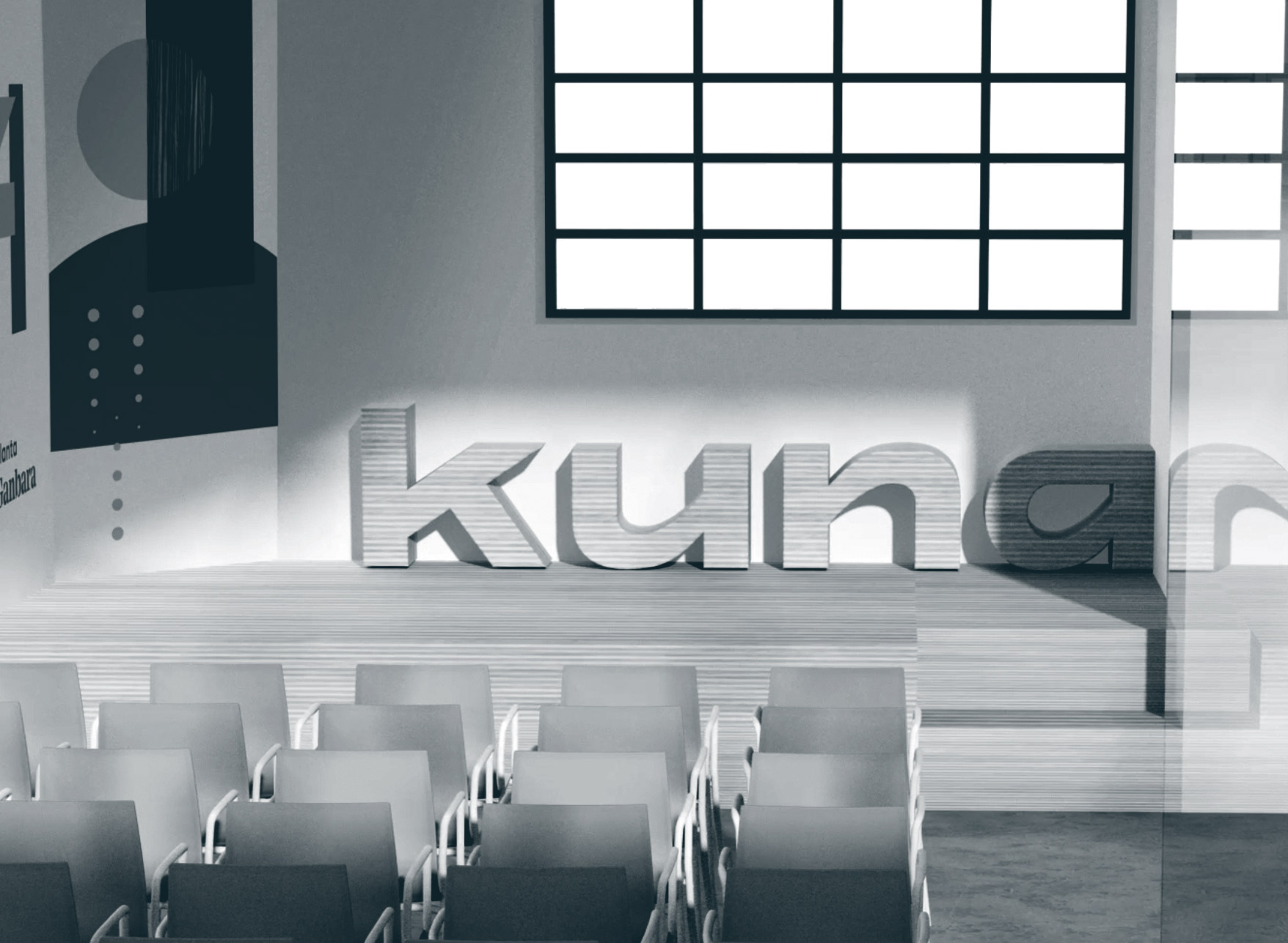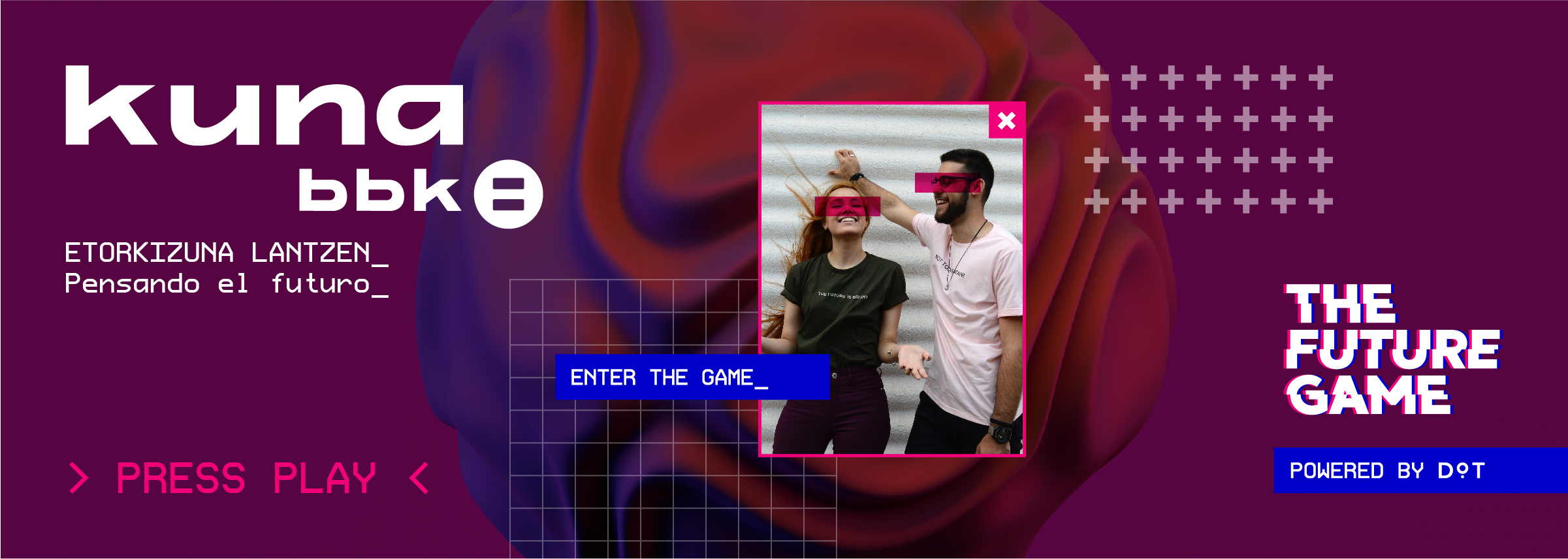The Future Game is a gamified learning-in-action experience through which young people explore the most important trends and challenges of this century to create visions and prototypes of the emerging future with impact on their environment.
With the Sustainable Development Goals as a framework, young people are guided by a multidisciplinary team of future voices, playing a key role in spreading sustainable and ethical economic development, as well as in the creation of new inclusive and civic engagement cultures.
In search of agents for change
Through ‘The future game’, BBK Kuna wants to count on the entrepreneurial potential of new generations who «play a key role» in the dissemination of sustainable and ethical economic development, as well as in the creation of new inclusive cultures.
“The Future Game” has three objectives:
- Promote new ideas and businesses where positive social and environmental impact is as important as their economic viability.
- Train young people with skills and tools to be agents of change.
- Create an ecosystem of organizations prepared to address the challenges of the future.
PHASES
Exploration
The gaps to be addressed by the process are identified and analysed, and initial research is carried out to help define the unique approach to the process. For this purpose, we can count on the possibility of carrying out a representative survey.
Ideation
This phase focuses on the generation of concepts based on different gamification axes and are contrasted with the team to define a landed strategy.
Conceptualization
Once the unique approach and strategic axis of gamification to implement has been defined, the experience design and conceptualization of the “lore” that will give meaning to our experience is carried out.
Design
Once the experience is defined, all the materials and media necessary for the defined process are created.
Commissioning
From an interactive, chapter-by-chapter experience to a competition based on gaining time for the earth, The Future Game team coordinates the experience and information gathering by means of a thorough follow-up of participation.
Analysis
The information gathered in the exploration phase and the commissioning phase is combined to make a quantitative and qualitative reading of the subject matter worked on to delve into the values and visions that define the reality of young people.

